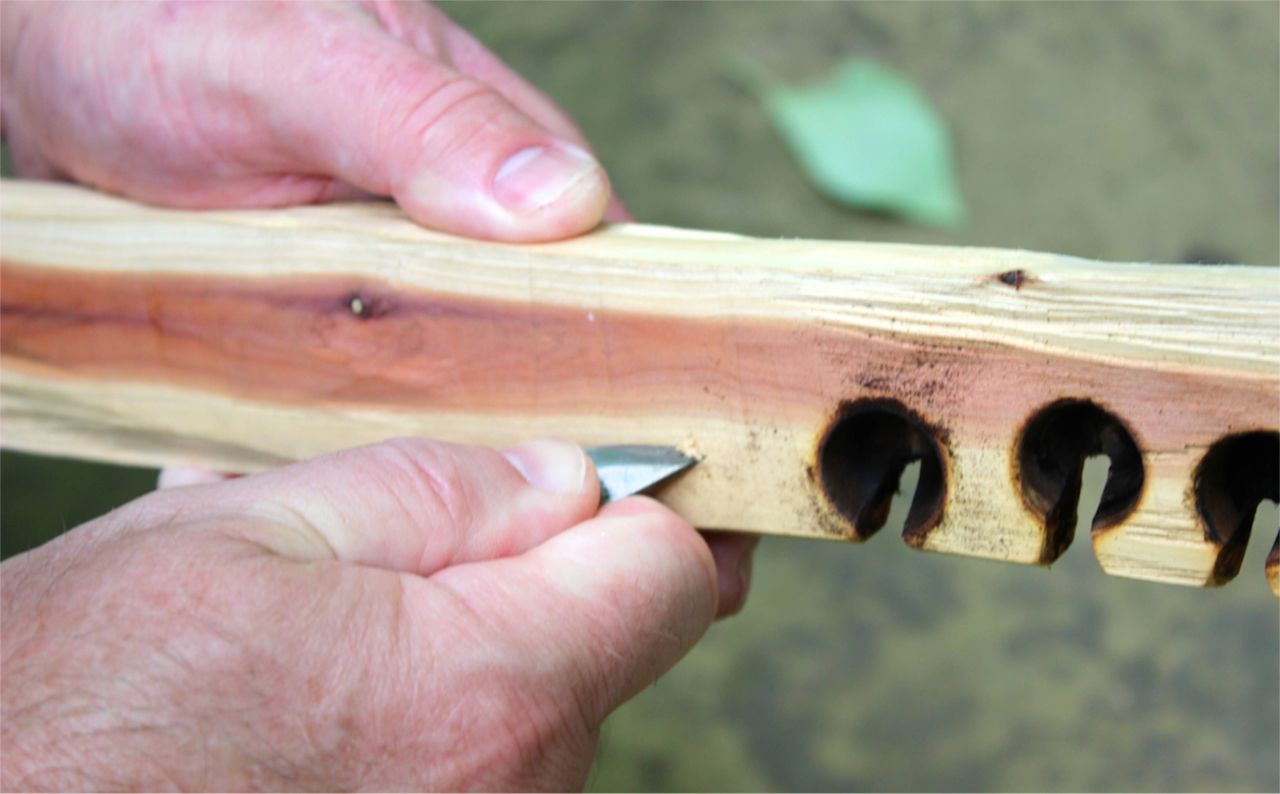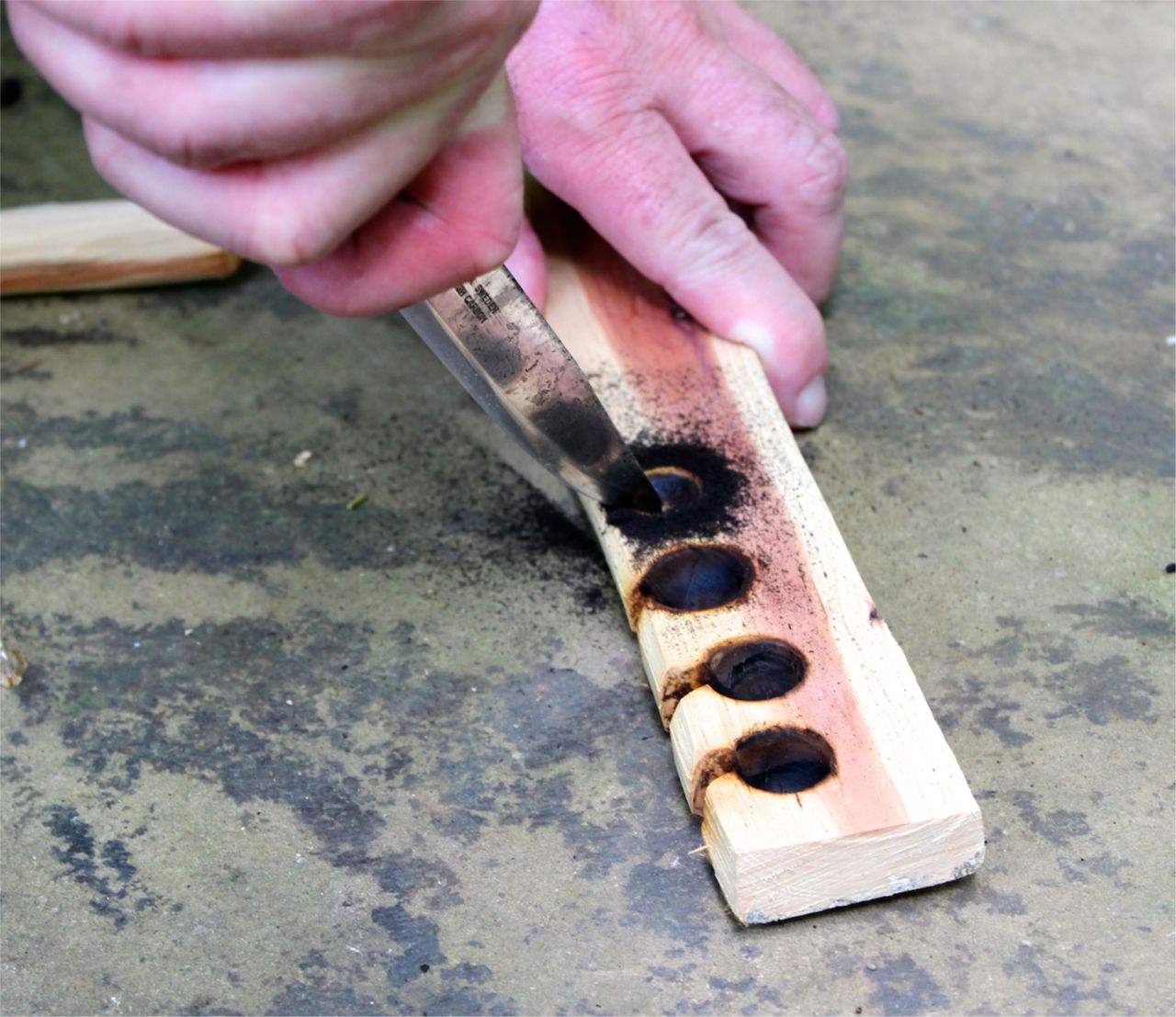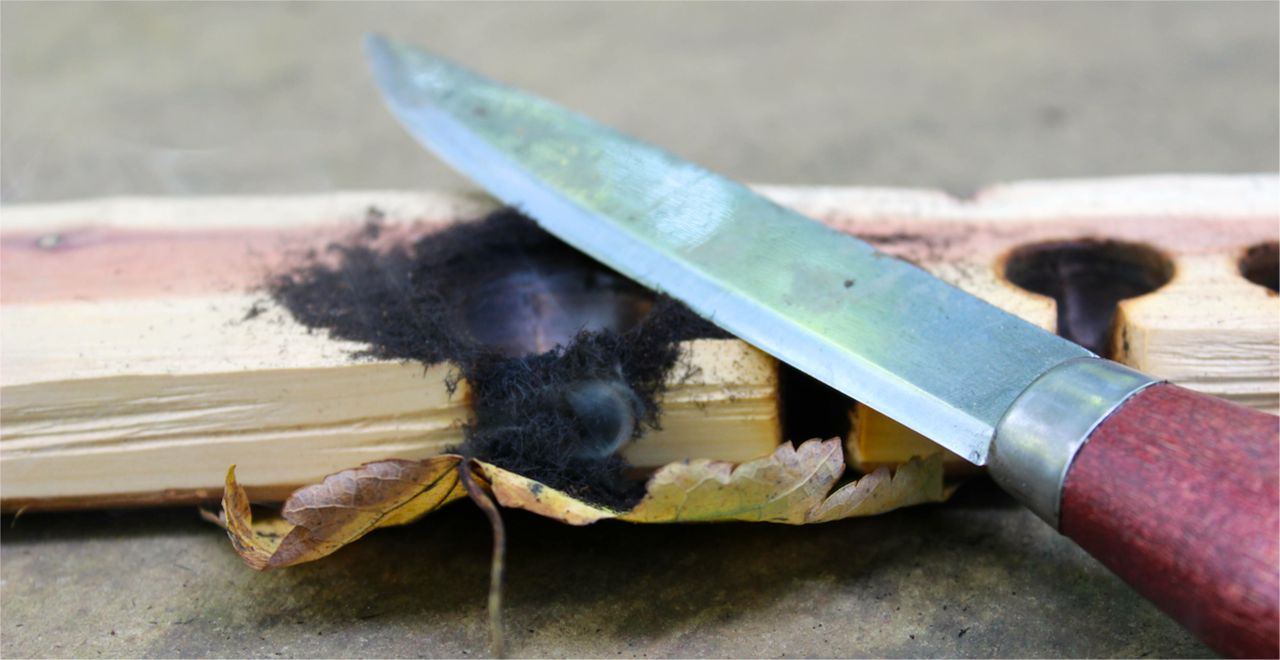Oh my.
Well, since this is the internet, let's add a word to the descriptor, for all the reasons.
"Choking up on a blade". Which is entirely different.
I suppose it's because somebody thought it looked like you were going to remind the knife that it owed you money?
Some knives have a "choil" (don't ask me to pronounce it), or a "ricasso". These un-sharpened parts of the blade allow you to wrap your finger around the hilt or flipper tab or what have you, making the knife a sub-hilt without some of the disadvantages of having a purpose-designed sub-hilt.
Not a new way to describe it as far as I know. My guess is that the internet has allowed the proliferation of descriptive phrases, and this was the one that most people adopted.




